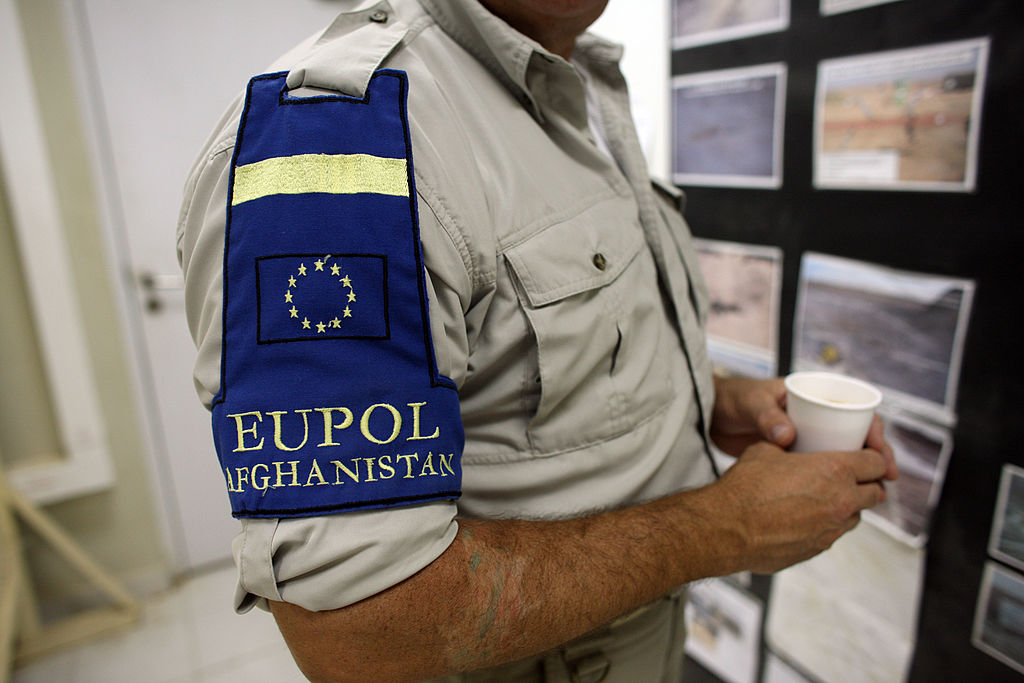Among America’s self-described foreign policy ‘realists,’ there is a common trope according to which the best way for the United States to get its allies to do more is to show them some tough love – particularly by doing less. That theory has just been put to a test in Afghanistan. It has failed spectacularly.
Contrary to the caricature of the protracted conflict in Afghanistan as a distinctly American endeavour, both the combat operations and the efforts at reconstruction were supported by an extraordinarily diverse coalition of countries, from New Zealand, through much of Europe, to Turkey.
Of some 150,000 British troops who served in Afghanistan during the past two decades, almost 500 were killed and 2,000 wounded. Germany, meanwhile, lost 59 soldiers in battle, and Poland lost 44. Europeans had good reasons to be there, too – and not only as a symbolic display of commitment to the transatlantic alliance. The 2015 refugee crisis and terror attacks in cities including Paris, Brussels, or Nice, demonstrated that Europe could not easily insulate itself from instability in the Middle East.
As the US plans to leave were firming up, Europeans rushed to the exits too
The tough love theory of burden sharing would suggest that the American withdrawal would incentivise Europeans to step up – particularly given that they had a direct stake in the outcome.

Get Britain's best politics newsletters
Register to get The Spectator's insight and opinion straight to your inbox. You can then read two free articles each week.
Already a subscriber? Log in






Comments
Join the debate for just £1 a month
Be part of the conversation with other Spectator readers by getting your first three months for £3.
UNLOCK ACCESS Just £1 a monthAlready a subscriber? Log in